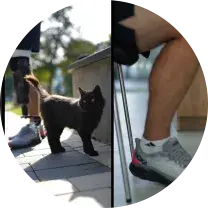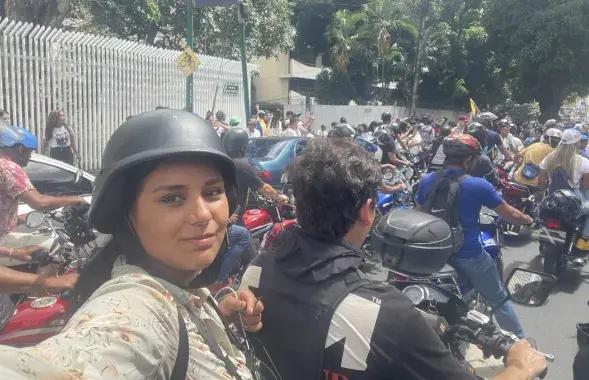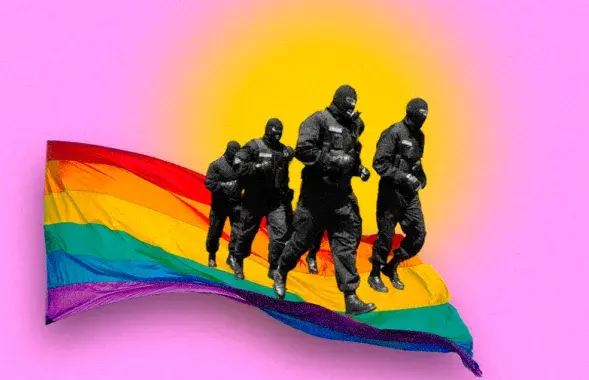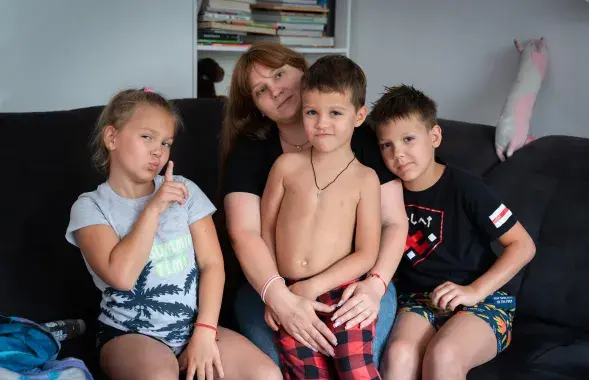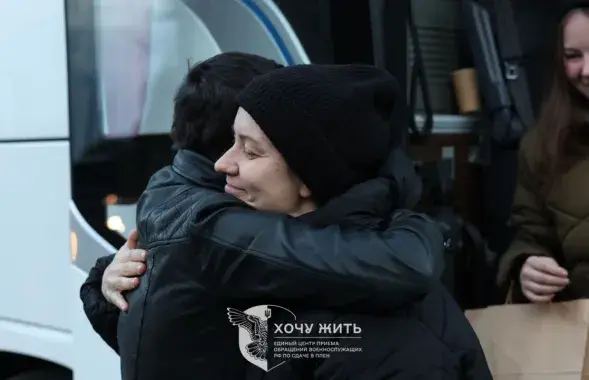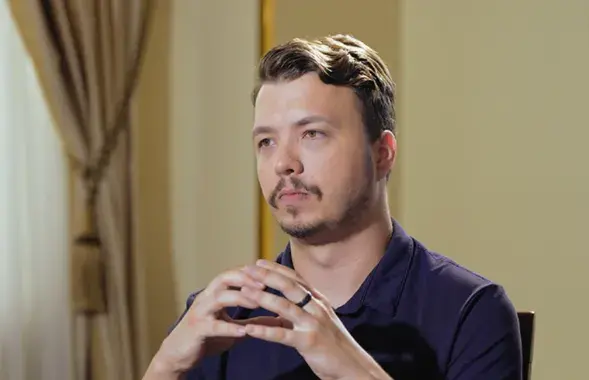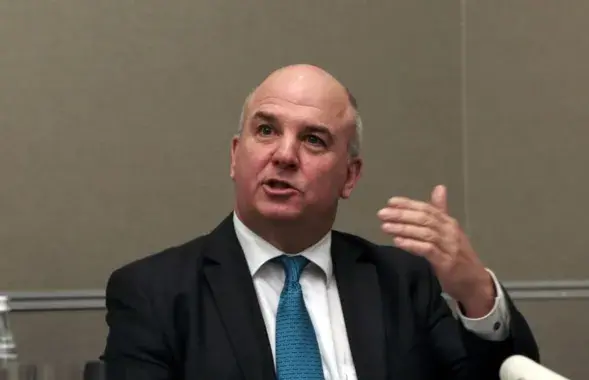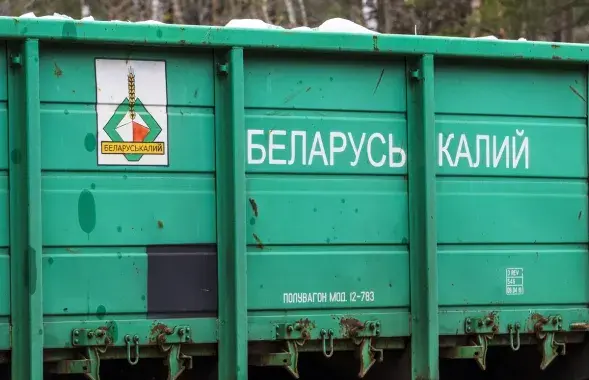An American businessman of Belarusian origin helps Ukrainian soldiers
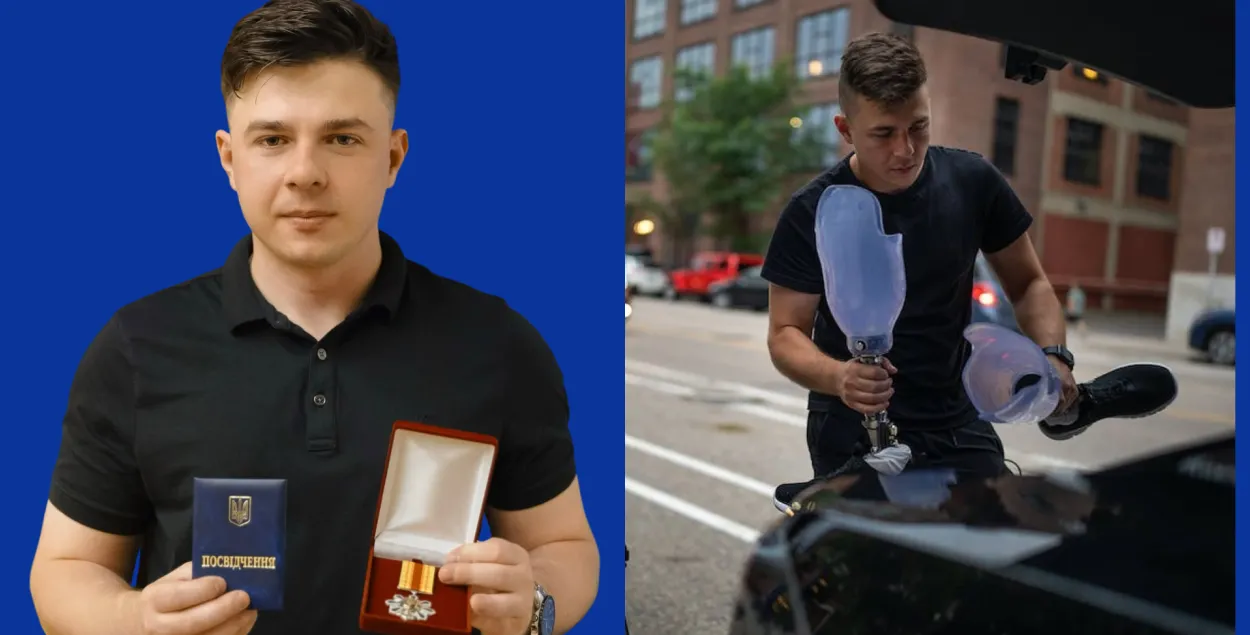
Yuriy Aroshidze, founder of the Protez Foundation / @u.aroshidze
Not long ago, American entrepreneur of Belarusian descent, Yury Arashidze, sat down for tea with former Commander-in-Chief of Ukraine, Valerii Zaluzhnyi.
In Ukraine, everyone knows where Arashidze’s roots lie. But they also know that thanks to him, hundreds of Ukrainian soldiers have learned to walk again after amputations. Together with prosthetist Dr Yakiv Gradynar, he founded the Protez Foundation, a charity that has provided free arm and leg prostheses for years. Their work has given soldiers not only mobility – even in the mountains – but also the chance to hug their loved ones again.
“I always say that my blood is Georgian, my soul is Ukrainian, that I was born in Belarus but with an American mentality,” Yury tells an Euroradio correspondent in fluent Ukrainian.
“Nothing would have worked out if we weren’t so… crazy?”
— You were in the trucking business in the United States, with Belarusian roots. How does that path lead to tea with Zaluzhnyi?
— And then the war began. For me, it was a personal shock. I had been spending a lot of time in Kyiv, my grandmother and mother were from Ukraine. So the outbreak of war was emotionally very hard to accept.
In those first days, I was paralysed. I didn’t understand what was happening. In my office, I had two giant screens, constantly tuned to news portals. I just watched non-stop. And then I started thinking, ‘What can I do to help?’
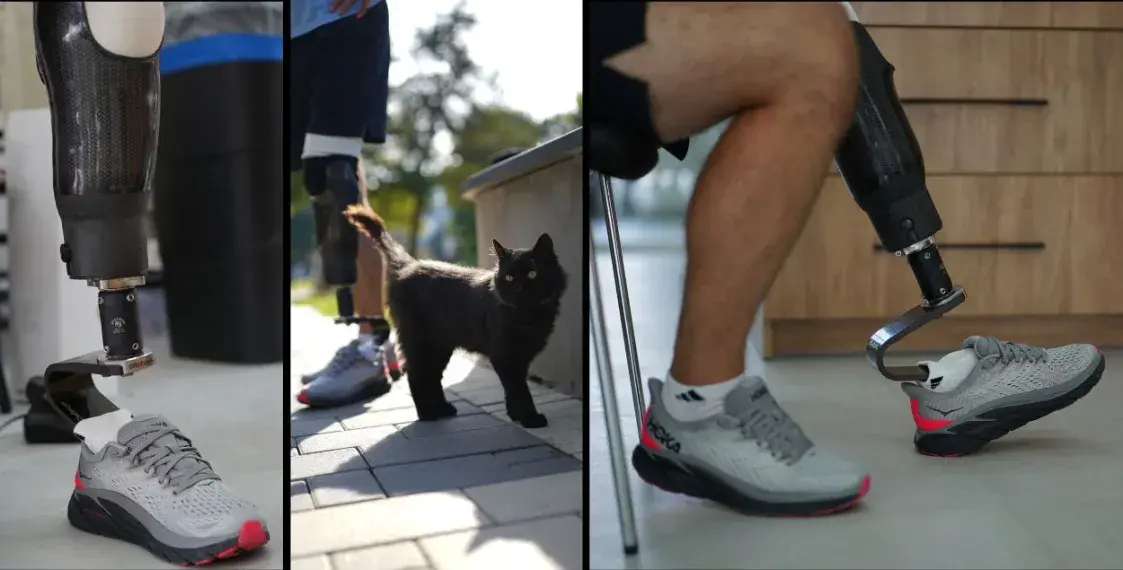
After fitting prostheses for many people, we realised they also needed regular servicing. That’s why we opened the first prosthetic centre in Ukraine. From then on, our mission was clear — to transform prosthetics in Ukraine. We knew we couldn’t help everyone in the US, but we could make the system in Ukraine the best it could be.
We also saw there weren’t enough trained specialists, so we launched Protez Academy, where we train prosthetists and physiotherapists from scratch. Honestly, if Yakiv and I hadn’t both been — how do I put it — a little crazy, none of this would have happened. But we shared the same drive to help, and together we’ve managed to do some truly incredible things.
— Such as?
— We built the whole process from start to finish — from the moment a soldier fills out an application to the day he completes rehabilitation. So far, we’ve fitted prostheses for more than 500 soldiers and children.
We’ve also brought together more than 4,000 donors in 40 countries who help us make this possible. When you hear that one prosthesis costs at least $10,000, it sounds impossible. But people give $10, $20, $50 — and with that, every fundraising campaign gets closed.
In just three years, we’ve opened three Protez Foundation centres — one in the US and two in Ukraine — and built a team of highly motivated people. And right now, we’re working with Ukraine’s Ministry of Internal Affairs to open another centre.”
“Why do you need premises on Maidan? Do you have a lot of money?”
— One of your prosthetic centres operates in Zakarpattia, the safest region of Ukraine. The second opened right in the heart of Kyiv, on Maidan. Why there?
— Yes, people sometimes ask us: why open a prosthetic centre on Maidan? Do you have that much money? No, we simply reached an agreement with the landlord.
But the real reason is this: by placing the Protez Foundation in the centre of Kyiv, we send a message to the soldiers. When they come here — are offered coffee, treated with dignity, and receive first-class care — they feel that respect. We want them to see that the very best is being done for them.
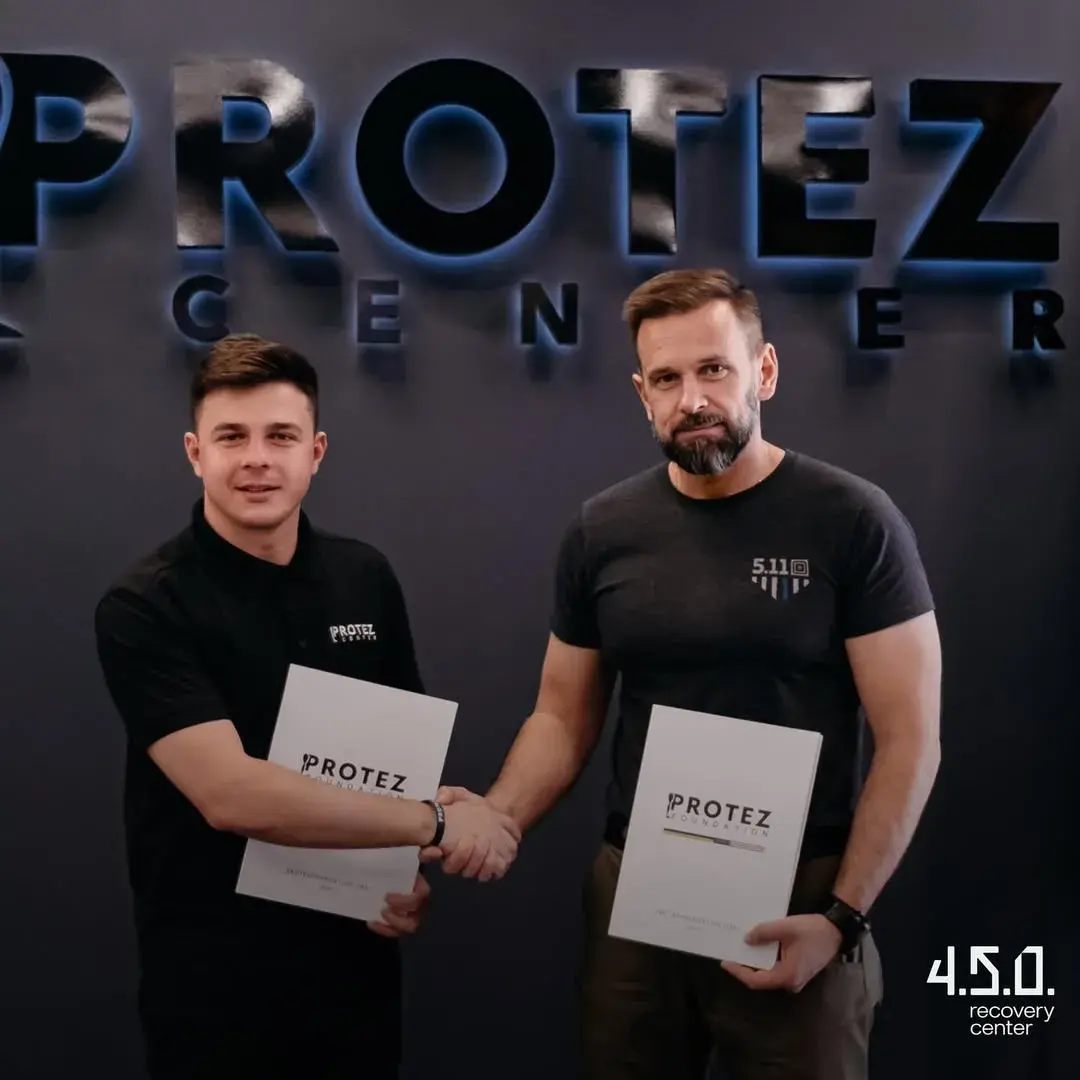
Honestly, I believe everyone who understands what’s happening in Ukraine should find a way to help. We do what we can ourselves — and we allow others to join us. Through our work, people can help rebuild lives.
— When did you learn Ukrainian?
— Before the war, I didn’t speak either Ukrainian or Belarusian. However, when it began, I started reading Ukrainian books, watching films, and browsing YouTube videos… I absorbed the language like a child who understands everything at first but can’t yet speak.
Then came meetings with Ukrainian ministers, visits to the President’s Office, and invitations to appear on Ukrainian television. I realised that if I couldn’t hold a conversation in Ukrainian, it would look bad. So now I speak Ukrainian. It’s still challenging, but I’m gradually managing.
Everyone knows I was born in Belarus. Everyone also understands that Belarus helped Russia’s offensive. However, the work I do helps balance out the fact that I’m from there.
You can donate here.
This material was prepared with the support of n-ost and the Friedrich Naumann Foundation for Freedom.
